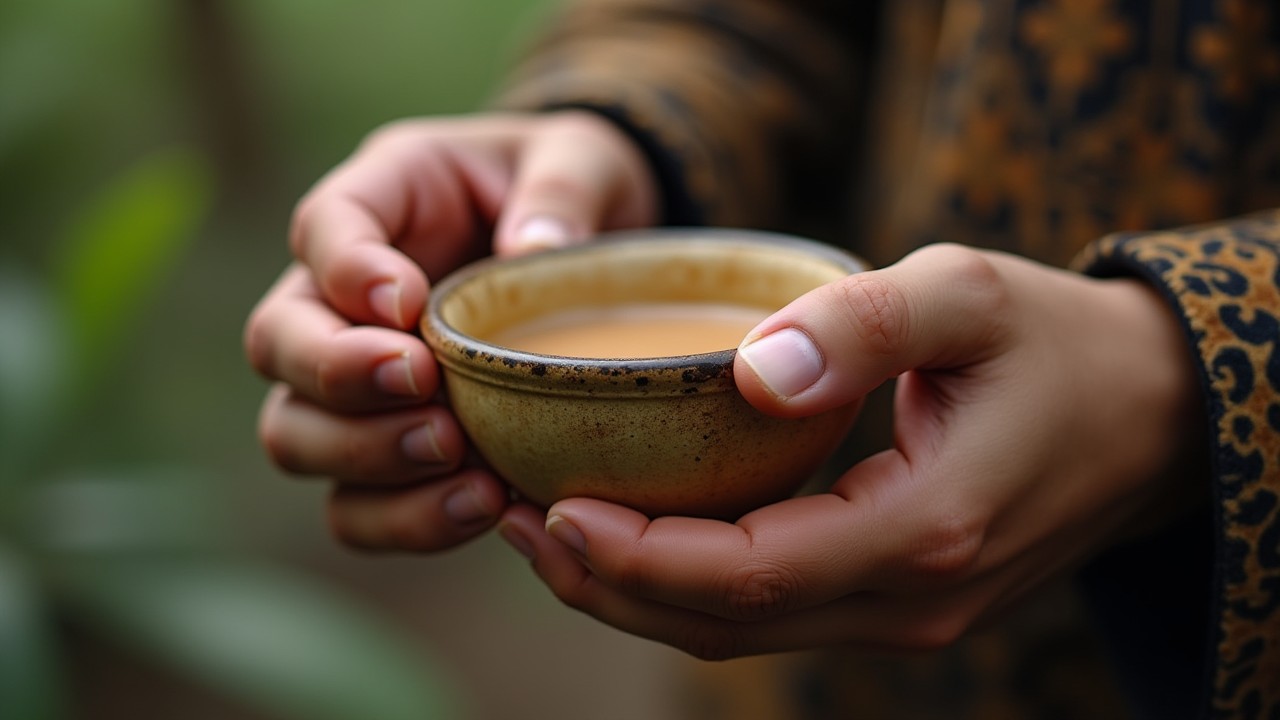Ayahuasca: Basic Notions
Authors:
José Carlos Bouso, and Maja Kohek
Journal:
Journal of Transpersonal Research
Year:
2024
About the study
The study provides a comprehensive review of over a decade of research conducted by ICEERS, focusing on how ayahuasca is embedded in traditional Amazonian medicine and its increasing global relevance. The authors aim to “deobjectify” ayahuasca, emphasizing the importance of the broader system in which it is used rather than focusing on the substance itself.
Abstract
The International Center for Ethnobotanical Education, Research & Service (ICEERS) is a non-profit and public utility Foundation that navigates the challenges of the globalization of psychoactive plants such as ayahuasca or iboga. This article will review the 12 years of research by the ICEERS scientific team, building a narrative about the basic notions that should be had about ayahuasca, based largely on our publications. A “deobjectify” view of ayahuasca is proposed and inserted into a medical system where the most important focus is the system, not the ayahuasca itself.
Photo by getimg.ai.
Categories:
Studies & papers
, Ayahuasca
Tags:
ayahuasca
, scientific research
, study
, hallucinogens

